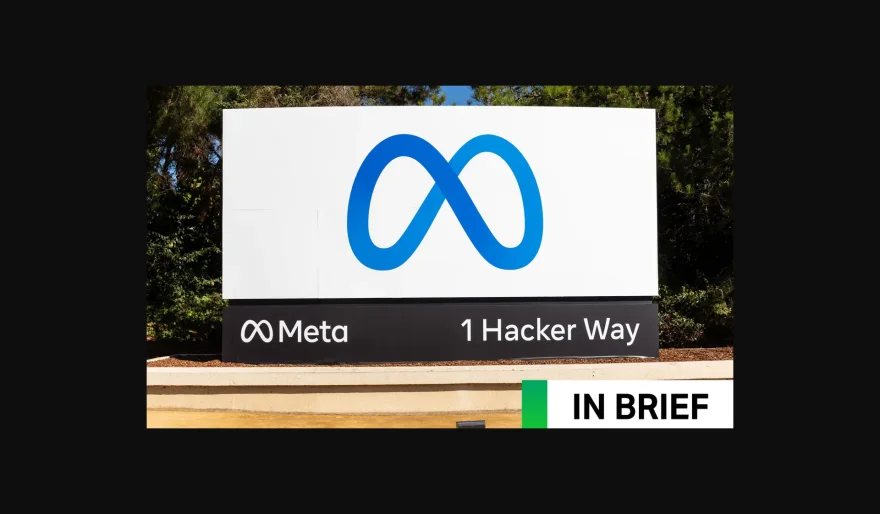Stay Ahead of the Curve
Latest AI news, expert analysis, bold opinions, and key trends — delivered to your inbox.
Meta Criticized for Using Optimized Maverick Model in Benchmarks
4 min read Meta’s Llama 4 Maverick model is under fire after it was revealed that its high LM Arena ranking came from a special fine-tuned version—not the one released to developers. This raises concerns about transparency and the reliability of AI benchmarks. April 07, 2025 07:21
Meta’s newly released Llama 4 Maverick model is under scrutiny after researchers revealed discrepancies between its benchmarked performance and the version actually released to developers.
Maverick, Meta’s flagship general-purpose chat model, recently ranked #2 on LM Arena, a benchmark that relies on human raters to compare responses from various AI models. However, what looked like a major win may not be as clear-cut.
According to Meta’s own documentation and observations from AI researchers on X, the version of Maverick used in LM Arena is an “experimental chat version” that has been fine-tuned for conversationality — not the same model that's freely available to developers.
A chart on the official Llama website confirms this, stating the LM Arena results were achieved using a special variant of Maverick “optimized for conversationality.” This raises questions about transparency and how accurately benchmarks reflect real-world performance.
Why It Matters:
Customizing a model to perform better in a specific benchmark — and then withholding that version — undermines trust in AI evaluations. Benchmarks like LM Arena already have limitations, but they’re widely used by researchers, developers, and media as performance indicators. Tailoring a model to perform well in those tests without making the same model broadly available skews the playing field.
Researchers have already noted significant behavioral differences between the LM Arena-optimized Maverick and the public release. The benchmarked version reportedly uses more emojis and provides longer, more embellished answers, indicating it was likely fine-tuned for likability rather than general utility.
The Bigger Picture:
This incident highlights an ongoing issue in AI model transparency and benchmarking. While it's not uncommon for companies to release improved versions of models over time, deliberately optimizing for a benchmark and not clearly communicating that upfront is misleading — especially when those scores are used in promotional material.
With open models like Llama 4 intended to build trust and community collaboration, such inconsistencies could impact how developers view Meta's commitment to openness and clarity.
For now, developers are encouraged to test the publicly released version of Maverick independently, as its real-world performance may differ from what the LM Arena rankings suggest.



















 AI Agents
AI Agents